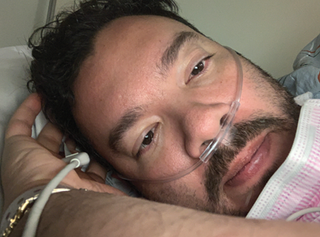
COVID-19
Latest News
Latest Videos

CME Content
More News

What is new in research on depression?

What is new in research on clinician wellness?

What is new in research on COVID-19 and mental health?

What is new in research on sleep?
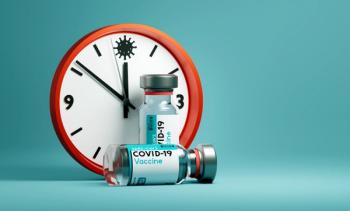
With the upcoming election and the rising risk of COVID, here’s how we can avoid physical and psychological trauma.

What is new in research on schizophrenia?

What is new in research on cannabis?

From sleep disturbances in ADHD to psychotherapy for treatment-resistant depression, here are highlights from the week in Psychiatric Times.

TMS for the treatment of neuropsychiatric symptoms in patients with long COVID appeared to improve their cognitive function and symptoms of depression.

What is new in research on SUDs?

According to research, 32% of patients said they did not typically receive care via their preferred method, and nearly half (45%) did not think their clinician considered their preferences when deciding on the visit type.

Celebrating 3 years of Psychiatry & Society!
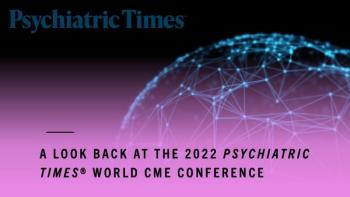
Get ready for our upcoming virtual, interactive conference with some highlights from 2022.

What is new in research on psychedelics?

From the efficacy of adjunctive TMS for treatment-resistant major depression to a look at adult ADHD, here are highlights from the week in Psychiatric Times.

Let’s take another look at telepsychiatry.

From new research on psilocybin as a treatment for MDD to new FDA approvals for ADHD and BED, here are highlights from the week in Psychiatric Times.
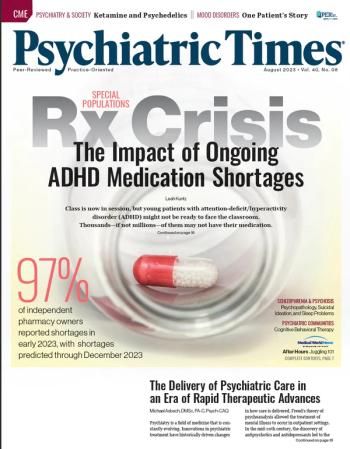
The experts weighed in on a wide variety of psychiatric issues for the August 2023 issue of Psychiatric Times.
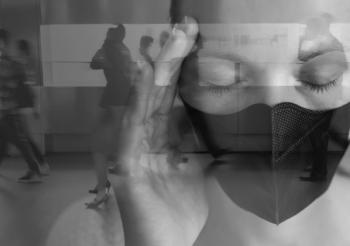
How can clinicians recognize and acknowledge the injustices often experienced by COVID long-haulers?

From the brain-gut connection to neurocognitive and neuropsychiatric symptoms of long COVID, here are highlights from the week in Psychiatric Times.
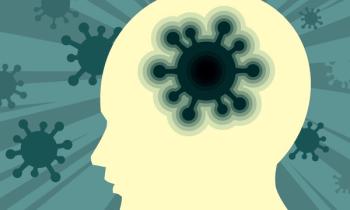
"With the similarities observed in neurocognitive and neuropsychiatric symptoms of long COVID and concussion/mTBI, approaches to effectively manage concussion/mTBI may provide some insights to treatment."

From TMS as a treatment for long COVID to an update on 988 and crisis care, here are highlights from the week in Psychiatric Times.

Did you miss our APA Annual Meeting coverage?
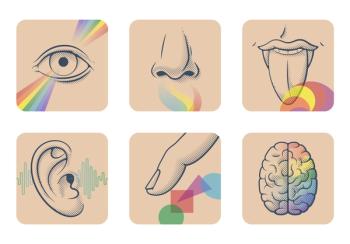
Our 5 senses… are they under attack?

Many individuals infected with COVID-19 continue to experience symptoms after recovering from the initial viral infection. Persistent symptoms include neurocognitive and neuropsychiatric symptoms that can interfere with meaningful daily activities and roles. Given the symptom overlap, best practices and evidenced-based techniques for the treatment of concussion/mTBI can inform treatment approaches to manage symptoms and reduce the negative impact of long COVID.












